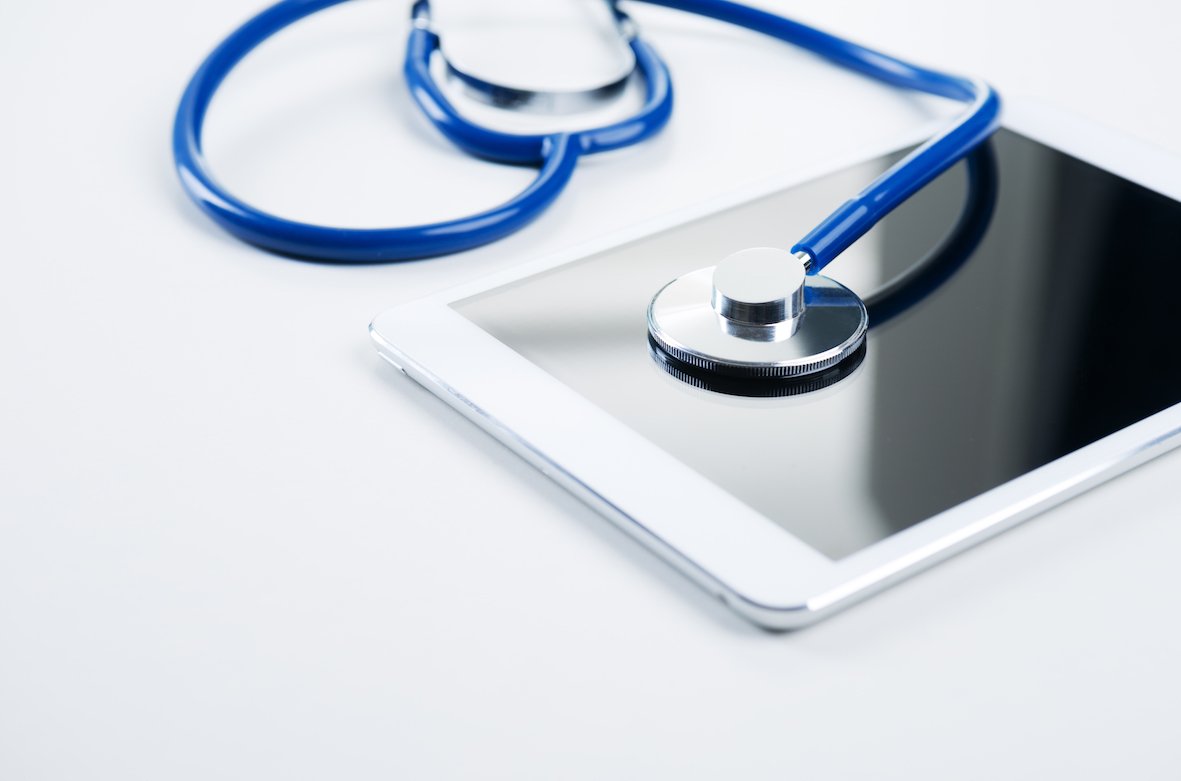M-Health consultations to further rise in post-COVID 19 era
December 09, 2020 | Wednesday | Views
mHealth refers to the use of smart or portable devices for health services and information
Image source: Shutterstock
While mHealth and mobile healthcare consultations have seen a steady rise over the past couple of years, the COVID-19 pandemic has accelerated their adoption. This could be attributed to the healthcare consumers who have shown an increased preference for virtual visits due to the fear of contracting coronavirus at a clinic or a hospital facility. As many consumers and providers are used to the virtual visits now, the future of mHealth & virtual visits looks bright and ripe with disruptive opportunities.
By definition, mHealth or mobile health refers to the use of smart or portable devices for health services and information. Mobile Healthcare Consultations or Virtual Visits refer to remote consultation that takes place between a patient and a clinician with the help of communication by video or audio.
According to Fortune Business Insights (2019-2026), the global m-Health market is expected to grow at a CAGR of 29.1% from $34.28 billion in 2018 to $293.29 billion by the end of 2026. m-Health is a broad sector comprising connected medical devices, mobile services and apps. While connected medical devices and apps enable patients suffering from chronic diseases to self-monitor, mobile services offer personalized patient engagement, remote diagnosis and remote monitoring. mHealth has helped providers extend patient-centric care to the comfort of patient’s home.
Although the mHealth technology infrastructure has existed for a long time, the Coronavirus pandemic has accelerated its adoption for both patients and providers. As a result, the industry developed rapidly during 2020. This also helped with the transition of healthcare delivery from institution-centric to patient-centric.
With the help of mHealth technologies, healthcare is now accessible to an increasing number of people at their fingertips. This has unlocked the potential to create an impact, and radically improve healthcare services even in the most resource-poor and remote environments. mHealth or mobile healthcare consultations are expected to see a rise in the post-COVID-19 era due to some key benefits that it delivers:
increased access to and affordability of healthcare services.
ability to track, share data, and avail treatment of diseases remotely.
improved ability to diagnose with the increased adoption of connected medical devices.
helping providers with insights to improve patient care coordination.
enabling providers to reach and help more patients.
Moreover, the use of AI in diagnostic procedures, flow of information, data management of patients and radiology has transformed the way healthcare is perceived and delivered. By facilitating secure and swift information exchanges, remote patient monitoring allows care providers to determine whether hospital visits are necessary for a particular patient. In addition, increased health and vital information about a patient prior to an in-person visit will also help in making the doctor-patient interactions more meaningful.
With a strategic approach; mHealth can offer an opportunity for governments, NGOs and businesses to collaborate and improve health outcomes on a massive scale. With many m-health projects not only being adopted but also appreciated in the industry, leaders are motivated to rapidly drive innovations and help key stakeholders. In the coming years, mHeath and mobile healthcare consultations are sure to help reduce operational costs and make quality healthcare more accessible and affordable for the world.
Anmol Arora, Chief Executive Officer, DocVita, Bengaluru









